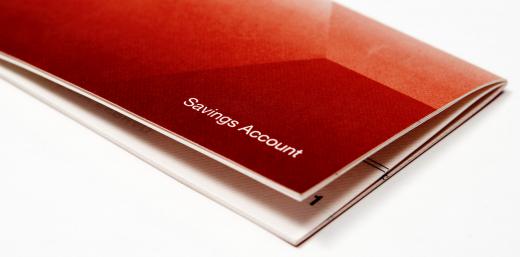Whether it is even possible to have an anonymous bank account depends on the definition of anonymous. It is possible to have private accounts where details are kept secretive, though they may be revealed under legally compelling requests. In the United States, it is not possible to have a literally anonymous account, as the law requires financial institutions to be aware of the identity of account holders.
In the past, a truly anonymous bank account was available in some countries, including Switzerland and Austria. These could be opened with no identification and the holder was simply given a booklet and a codeword. These were needed for all transactions, meaning the account could only be accessed in person.

Because of the set-up, local banking laws held that anyone who had possession of the booklet and knew the codeword was considered the legal holder of the account. This naturally increased the security risks associated with such accounts. In particular, it meant that if an account holder died and did not leave details of his codeword, the heirs would be unable to access the funds in the account.

Running an anonymous bank account is difficult if not impossible in the 21st century. This is largely a result of the Financial Action Task Force, an inter-governmental body that attempts to combat money laundering. The force has established a widespread legal principle that banks must know the identity of account holders.
The United States has had such a legal requirement since passing the Bank Secrecy Act in 1970. The USA PATRIOT Act of 2001 requires that banks check the identity of account holders against a list of people known or suspected to be involved in, or have links to, terrorist activities.

The closest thing to an anonymous bank account today involves setting up an offshore company. This company can then open a bank account in the overseas country, adding an extra layer of secrecy between the account and the true holder. This can be an extremely expensive method and may be limited by local laws in the country where the company and account are based.
There are several organizations, mainly operating online, that claim to be able to offer a truly anonymous bank account. These are usually risky at best and a scam at worst. The most common method is for the organization to set up an account with a bank and then give their customer the code numbers and passwords to access it online. This is extremely dangerous as it means that even though the customer has access, they are not the legal account holder. That means that at any time, the organization could quite legitimately withdraw all the money in the account and close it down.
